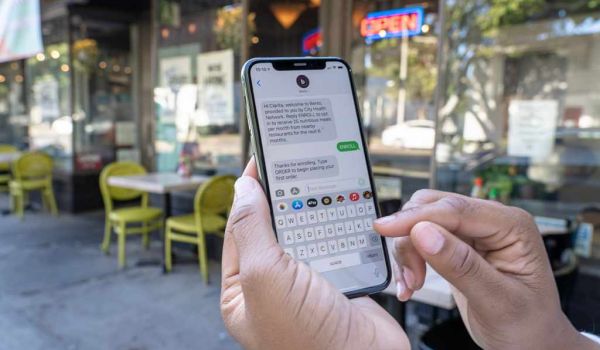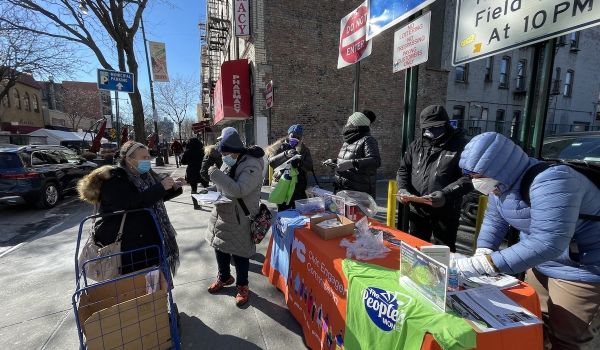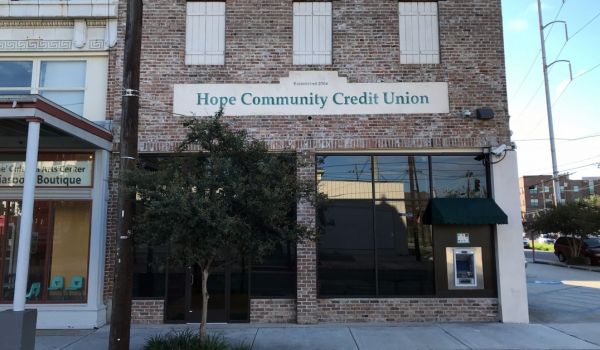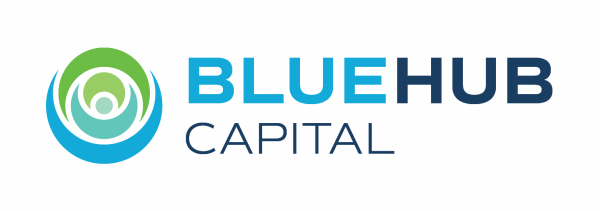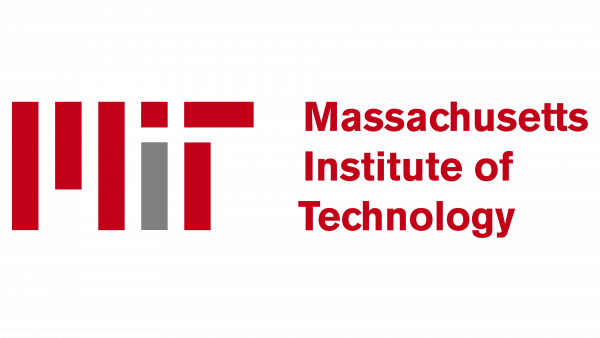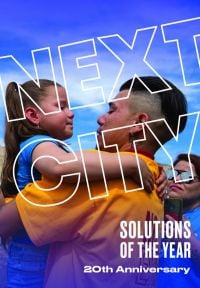Digitization. It’s the threat that modern democracies, and especially cities, must solve – at least according to current dialogues on digital regulation.
Many of the social and political problems our cities face today have been exacerbated by technology. Social media and other digital tools have increased the spread of misinformation and overall weakened public trust in our civic, social and political institutions. Recent developments in virtual reality and artificial intelligence raise new concerns for issues around surveillance, bias, automation and exploitation, especially with increasing public scrutiny on technology giants like Meta and Google.
The very nature of these technologies seems antithetical to the principles of humanity and collective decision making that underpin our democracy.
Despite the concerns, cities around the world are experimenting with technology like AI and VR as part of the solution, rather than the problem, to strengthen democratic institutions. From Helsinki to Louisville, digital tools are creating new opportunities for communities to engage in processes of collective decision making and imagine new visions of what democracy can look like.
The City of Helsinki has been testing the potential of artificial intelligence and augmented reality to bring new audiences into city decision making and to transform its public spaces.
Helsinki’s Youth Services runs a youth participatory budgeting process both in-person at schools and youth centers as well as online using the digital platform Nuortenbudjetti. Anyone between the ages of 12 to 17 is invited to create and vote on youth-led projects across the city, ranging from a Halloween walk to an afterschool club. The platform has experimented with AI to analyze common themes from surveys and online voting to help drive consensus.
Helsinki has also experimented with augmented reality to co-design green infrastructure projects with the mobile app Green Kalasatama. Citizens were invited to co-create the app, developing an engaging experience where users are able to place street trees and other green infrastructure elements in their surroundings.
The digital platform Pol.is uses machine learning to gather citizen input and drive collective decision making on tough political issues. Pol.is has popularly been used in Taiwan to crowdsource solutions on controversial topics like Uber regulation, but it has also been used in cities including Louisville, Kentucky to host civic dialogues on topics ranging from public safety to the environment.
While much has been written about Pol.is’s rapid Covid response in Taiwan, the platform has numerous use cases for cities. What Pol.is offers is the opportunity for cities to crowdsource ideas and spur civic involvement through a digital platform that is transparent and consensus-based without incentives for trolling or abusive behavior. Rather than isolating users in an echo chamber, Pol.is draws a map of the dialogue so users can see how they relate to each other.
Technology is also helping planners imagine what cities of the future could look like, ensuring equity and sustainability are front and center.
In 2018, the City of New Rochelle, New York started exploring the potential for virtual reality to engage citizens in the pre-development process of downtown revitalization as part of Bloomberg Philanthropies Mayors Challenge. Now, the City has fully rolled out the virtual platform NRVR and is using the application to engage residents on the transformation of a six lane highway into a public recreation space. The technology allows users to visualize how their input guides development of New Rochelle’s built environment. Immersive tools like NRVR can break through the political backlash often surrounding urban development projects by helping residents realistically see and feel what change looks like.
As cities around the world experiment with new tools, there will be critical questions facing planners, elected officials, and corporations: How do we ensure robust protection for individual rights while offering experimentation and cutting edge technology? How do we reduce bias and power implication built into the AI framework as we lay out a new form of digital infrastructure? How can we use global learnings so that peer cities can learn from one another, create usable regulatory frameworks, and create platforms that are open source?
The promise of civic tech platforms are new processes for open data sharing, accountability and privacy protections.
Dr. Hollie Russon Gilman is a Senior Fellow at New America's Political Reform Program and an Affiliate Fellow at Harvard's Ash Center. She is the author of “Democracy Reinvented: Participatory Budgeting and Civic Innovation in America” and most recently co-author of “Civic Power: Rebuilding American Democracy in an Era of Crisis.“ She served as Open Government and Innovation Advisor in the White House Office of Science and Technology Policy.
Grace Levin is a Master in Urban Planning student at the Harvard Graduate School of Design. Prior to graduate school, she worked on community outreach projects with the City of Austin’s Parks and Recreation Department. She majored in anthropology and sociology at Middlebury College. Grace was a Community Service Fellow with the Harvard Joint Center For Housing Studies and a Fellow with New Urban Progress. She is interested in issues of housing, community development, and innovations in local government.




